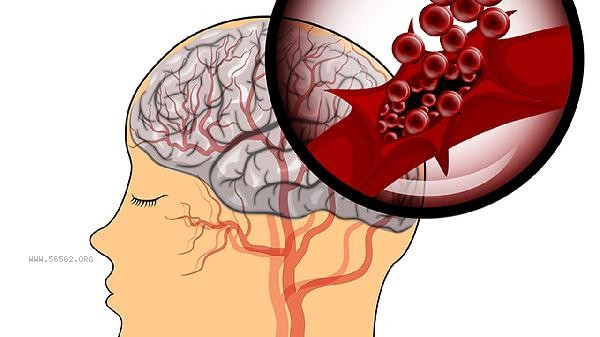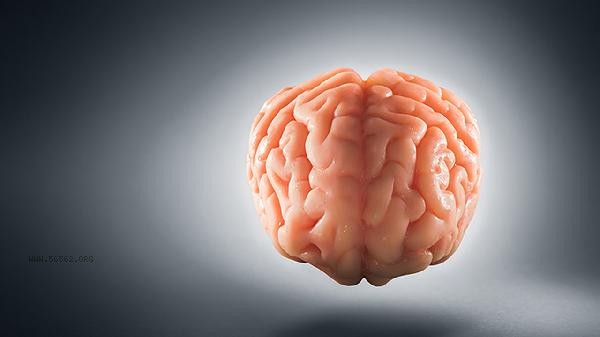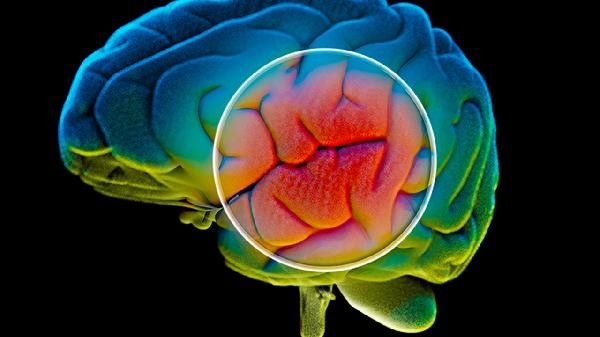Brain memory loss can be treated with medications such as donepezil, memantine, huperzine A, oxiracetam, and piracetam as prescribed by the doctor. Memory decline may be related to neurodegenerative diseases, cerebrovascular disease, traumatic brain injury, sleep disorders, psychological stress, and other factors. It is necessary to choose medication based on specific causes, and to cooperate with cognitive training and lifestyle adjustments.

1. Donepezil
Donepezil is a cholinesterase inhibitor, suitable for memory loss caused by mild to moderate Alzheimer's disease. This drug improves cognitive function by increasing the concentration of acetylcholine in the brain, and common adverse reactions include gastrointestinal reactions such as nausea and diarrhea. During medication, regular monitoring of liver function is necessary to avoid co administration with nonsteroidal anti-inflammatory drugs.
II. Meijingang
Meijingang is used as an NMDA receptor antagonist for the treatment of moderate to severe Alzheimer's disease. Its mechanism of action is to regulate glutamatergic neurotransmission and delay neuronal damage. Possible side effects such as dizziness and headache may occur, and patients with renal insufficiency need to adjust the dosage. When used in combination with donepezil, this drug can enhance its efficacy.
III. Huperzine A
Huperzine A is an alkaloid extracted from the traditional Chinese medicine Thousand Layer Pagoda, which has the characteristic of bidirectional regulation of cholinesterase activity. Suitable for vascular dementia and age-related memory impairment, it can improve brain microcirculation and oxygen metabolism. Bradycardia may occur during medication, and patients with heart disease should use it with caution. It is recommended to take it after meals to reduce gastrointestinal irritation.

4. Olacetam
Olacetam is a derivative of pyrrolidone that can promote energy metabolism and neurotransmitter synthesis in brain cells. Effective for memory impairment caused by sequelae of traumatic brain injury and hypoxic encephalopathy. There are fewer adverse reactions, occasionally accompanied by excitement or sleep disturbances. Children and pregnant women should use it with caution under the guidance of a doctor.
V. Piracetam
Piracetam can enhance neuronal plasticity and improve cognitive function after cerebral ischemia-reperfusion injury. Suitable for memory decline related to cerebrovascular diseases, it can improve the utilization of glucose by brain tissue. Patients with renal dysfunction need to reduce their dosage, and long-term use requires monitoring of blood creatinine levels. Improving memory requires comprehensive intervention, in addition to medication treatment, maintaining a regular schedule and moderate mental activity. Engaging in 30 minutes of aerobic exercise daily, such as brisk walking or swimming, can promote blood circulation in the brain. Increase the intake of deep-sea fish, nuts, and other foods rich in omega-3 fatty acids in the diet, and limit the intake of refined sugars and trans fats. Engaging in memory training such as memorization and board games can help establish new neural connections. If there is a continuous worsening of memory loss, it is necessary to seek medical attention in a timely manner to investigate organic diseases and avoid adjusting medication dosage on one's own.








Comments (0)
Leave a Comment
No comments yet
Be the first to share your thoughts!